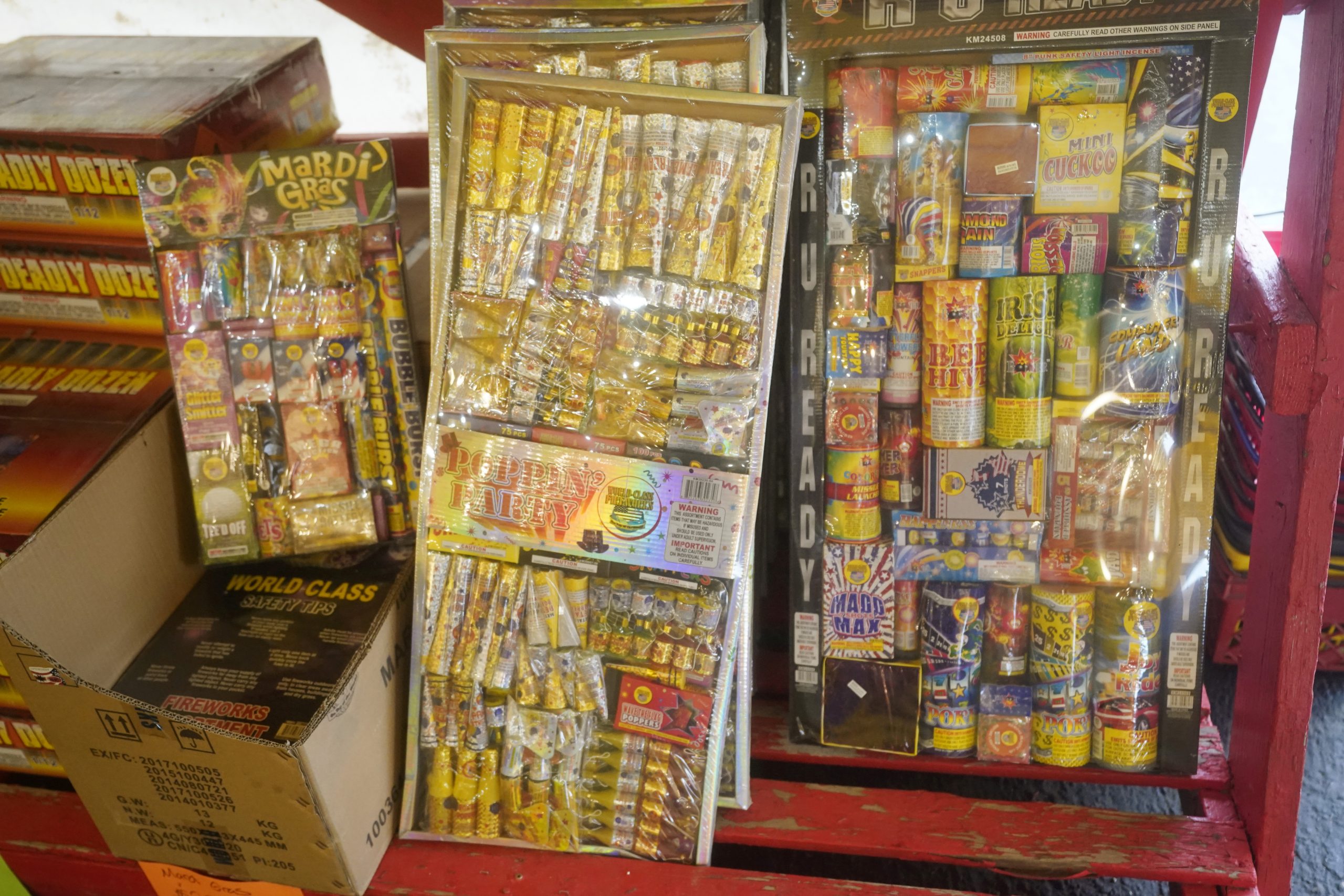
More than 100 fire scientists have a simple message for anyone in the Western U.S. who might set off fireworks over the 4th of July holiday:
Don’t.
“If you don’t want to burn down your neighbors' home or start a wildfire that threatens entire towns, then just avoid fireworks,” said Jennifer Balch, a fire researcher and director of the Earth Lab at the University of Colorado Boulder.
Balch helped organize the co-signed article in The Conversation on Wednesday. It warns the record-setting drought followed by a historic heat wave has dried out vegetation across the region. According to the fire scientists, vegetation has reached record dry levels in some places this year.
Those conditions, made more likely due to human-caused climate change, have prompted many Colorado to cancel their fireworks displays. Other places have banned personal and public fireworks to cut back on potential ignition sources.
Scientific research shows there’s good reason to be cautious.
Last year, one of Balch’s post-doctoral students authored a study on U.S. fire ignitions and the potential threat to homes. From 1992 to 2015, it found humans started more U.S. wildfires on July 4 than on any other day of the year. While campfires and lawn equipment ignited some of those blazes, Balch said firefighting records show fireworks often provided the initial spark.
Most of those fires also unsurprisingly occurred close to homes. Phillip Higuera, a professor of fire ecology at the University of Montana who helped author the warning, said the results mean fireworks tend to cause the most dangerous blazes.
“It’s those human-started fires that end up being the ones that force evacuations or, in the worst-case scenarios, burn down houses or kill people,” Higuera said.
The scientists are also asking people to avoid campfires over the holiday. The dry weather has already prompted many Western Slope counties and forests to enact Stage 2 fire restrictions that ban all campfires, smoking outdoors and target shooting. Thanks to more moisture east of the Continental Divide, some places still allow campfires in designated fire rings.
As for fireworks, Colorado law already prohibits any pyrotechnics that leave the ground or explode. Some local communities allow some firecrackers like sparklers, snakes or smoke bombs. All fireworks are prohibited in National Forests.
Rather than test the limits of firework and campfire restrictions, the fire scientists think it might be time to find less incendiary ways to celebrate Independence Day.
While they aren’t exactly traditional, microwave s’mores and laser shows help prevent fires — and save lives.
- Parts Of Western Colorado Face Months Of Above-Normal Chance For Significant Wildfire Activity
- From Conifer To Silverthorne To Rangely, Small Wildfires Burn Just A Day After ‘Extreme’ Warning
- In A Visit To The Cameron Peak Fire Burn Scar, Colorado Leaders Want To Spark Climate Urgency In Federal Government
- As Wildfire Season Approaches, Republicans And Democrats Remain Divided Over How To Fight It








